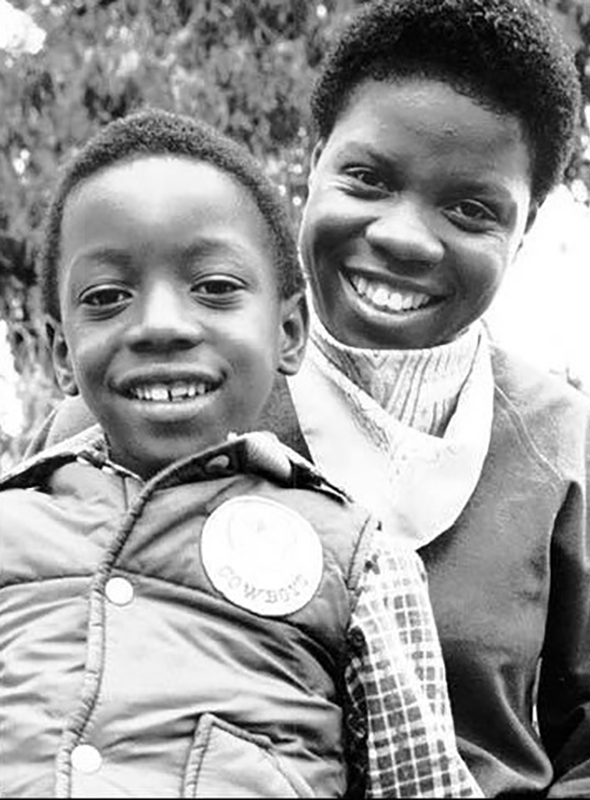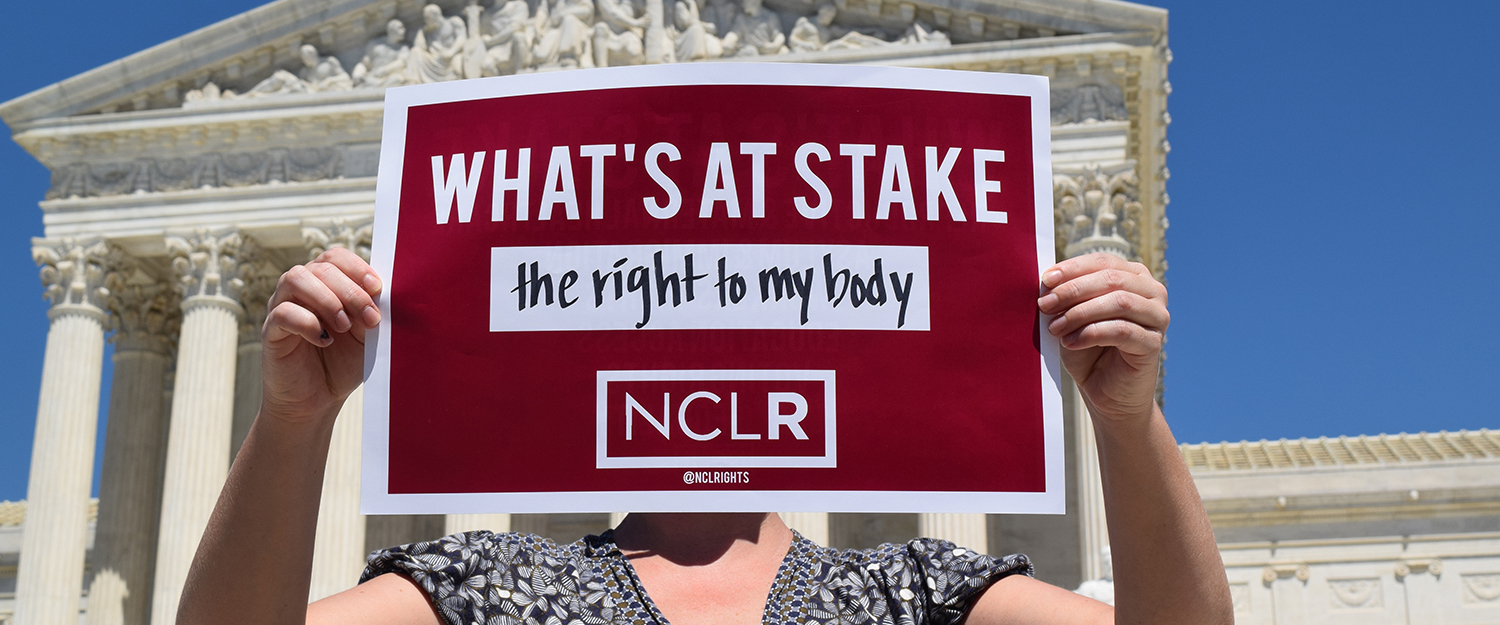NCLR works to ensure that every person has the ability to choose whether or not to have children, and that everyone who participates in assisted reproduction, including egg donors and people acting as surrogates, has the full ability to make decisions about their own bodies. Through legislation and impact litigation, we seek to ensure that intended parents using assisted reproduction and surrogacy are recognized as families, and that the rights of people acting as surrogates and egg donors are fully protected. We also strongly support the provision of all reproductive health services to people of all genders, including access to abortion, contraception, assisted reproduction and fertility services covered by insurance, and fertility preservation for transgender people.
Women’s Health Protection Act
The Women’s Health Protection Act (WHPA) is a federal bill (HR 3755 / S 1975) that, if passed, would establish a statutory right for health care providers to provide, and their patients to receive, abortion care without medically unnecessary restrictions, limitations, and bans that single out abortion and impede access to care.
In 2021, the U.S. Senate held a hearing on the bill, and NCLR submitted testimony in support of the legislation on behalf of 24 organizations representing the interests of LGBTQ people. In January, on the eve of the 49th anniversary of Roe v. Wade, we sent a letter to all Senate offices reiterating the support of the LGBTQ community and calling for Senate passage of WHPA.
Find Out More About the WHPA and Read Our Testimony and Letter to the Senate
Dobbs v. Jackson Women’s Health Organization
Dobbs v. Jackson Women’s Health Organization is a pending U.S. Supreme Court case considering whether all prohibitions on elective abortions conducted before viability are unconstitutional. The National Center for Lesbian Rights believes strongly in the rights of all people to reproductive and bodily autonomy, as well as access to essential reproductive health care services. NCLR, along with 22 other LGBTQ organizations, submitted an amicus brief in support of the clinic in September. The U.S. Supreme Court will hear the case on December 1, 2021.
Find Out More About Dobbs V. Jackson Women’s Health Organization and Read Our Amicus Brief
More Reproductive Justice Resources:

From NCLR’s Archives
Devoted to the lesbian-feminist foundation to provide a broad perspective of advocacy and legal support for fundamental rights, Hitchens and Achtenberg focused their initial courtroom battles on lesbian family issues, which at that time saw lesbian mothers having to prove they were fit parents to retain child custody rights. The first court victory for NCLR was in 1983 when Sharon Johnson, a black lesbian mother, won custody of her son Daimein.
— “NCLR still has an edge at 30” by Heather Cassell, The Bay Area Reporter, Apr 4, 2007










